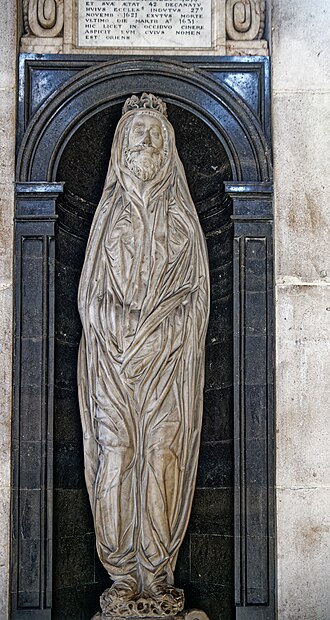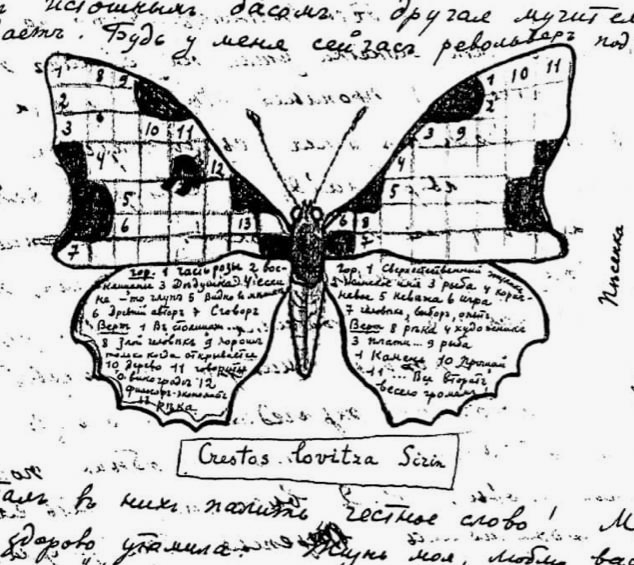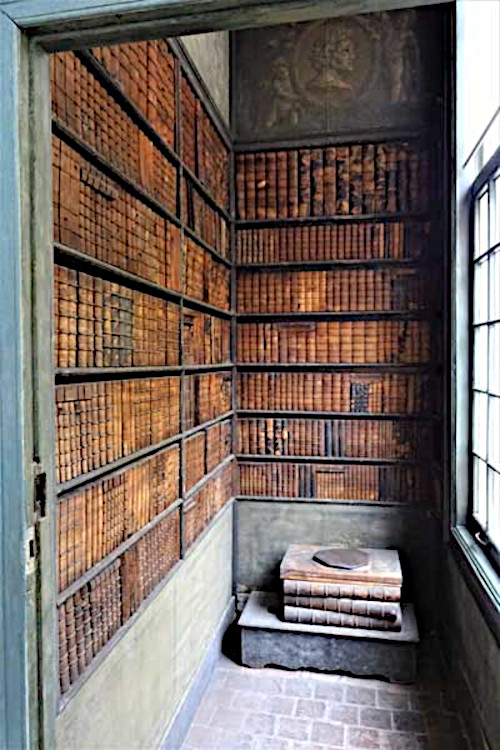A Philosopher seeing a Fool beating his Donkey, said:
‘Abstain, my son, abstain, I implore. Those who resort to violence shall suffer from violence.’
‘That,’ said the Fool, diligently belaboring the animal, ‘is what I’m trying to teach this beast — which has kicked me.’
‘Doubtless,’ said the Philosopher to himself, as he walked away, ‘the wisdom of fools is no deeper nor truer than ours, but they really do seem to have a more impressive way of imparting it.’
— Ambrose Bierce, Fantastic Fables, 1899





